This article was co-authored by wikiHow staff writer, Dan Hickey. Dan Hickey is a Writer and Humorist based in Chicago, Illinois. He has published pieces on a variety of online satire sites and has been a member of the wikiHow team since 2022. A former teaching artist at a community music school, Dan enjoys helping people learn new skills they never thought they could master. He graduated with a BM in Clarinet Performance from DePauw University in 2015 and an MM from DePaul University in 2017.
This article has been viewed 4,343 times.
Learn more...
“An ounce of prevention is worth a pound of cure” is a common piece of advice, but what does it really mean you should do? It’s actually a really helpful phrase with an interesting history that’s easy to add to your conversations. That’s why we’ve put together a complete guide to this phrase so you know exactly what it means and how to use it.
Steps
References
- ↑ https://www.usingenglish.com/reference/idioms/an+ounce+of+prevention+is+worth+a+pound+of+cure.html
- ↑ https://poemanalysis.com/proverb/an-ounce-of-prevention-is-worth-a-pound-of-cure/
- ↑ https://grammarist.com/proverb/an-ounce-of-prevention-is-worth-a-pound-of-cure/
- ↑ https://www.ushistory.org/franklin/philadelphia/fire.htm
- ↑ https://grammarist.com/proverb/an-ounce-of-prevention-is-worth-a-pound-of-cure/
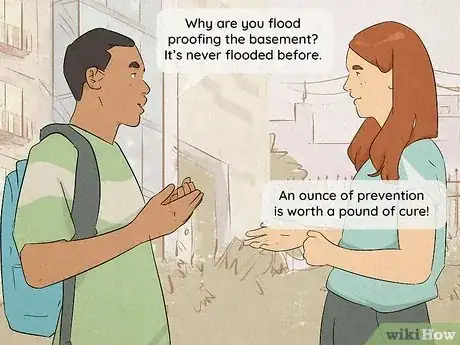
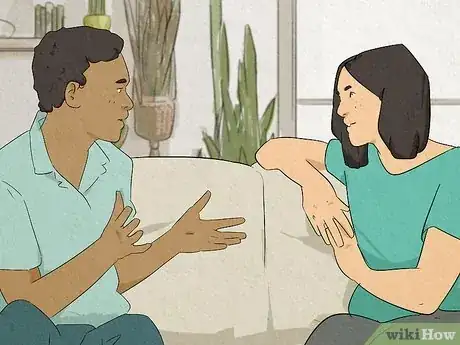
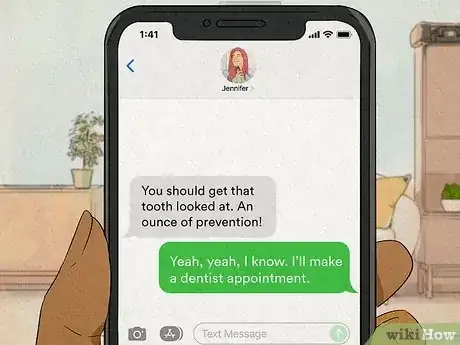
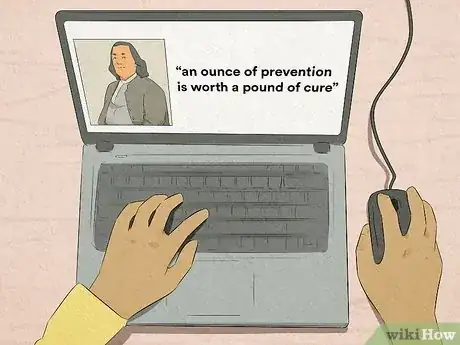




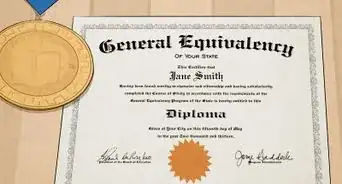























































Medical Disclaimer
The content of this article is not intended to be a substitute for professional medical advice, examination, diagnosis, or treatment. You should always contact your doctor or other qualified healthcare professional before starting, changing, or stopping any kind of health treatment.
Read More...